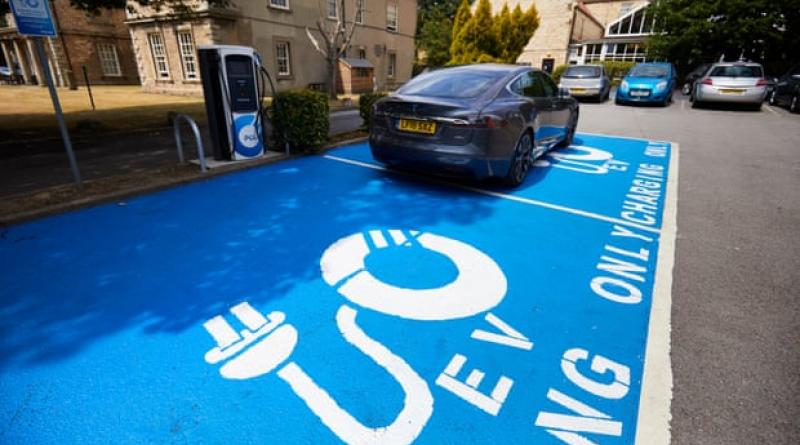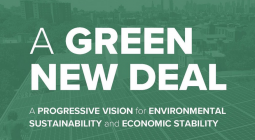How do the parties propose to tackle the climate crisis?

Election contenders have been setting out plans to win over voters concerned about the environment.
Labour
Labour’s “green new deal” – or “green industrial revolution” – puts a radical environmental plan at the heart of the party’s election offer. It proposes a massive programme of state investment to rapidly decarbonise the economy, which it says would create hundreds of thousands of green jobs.
The party says the programme would also transform the way people live – from upgrading the UK’s entire housing stock and revitalising public transport to boosting renewable wind and solar industries and decarbonising the country’s energy supply.
Although the initial investment would be large, advocates say that would be dwarfed by the cost of not tackling the escalating climate crisis and point to wide-ranging economic benefits, which experts say would total at least £800bn by 2030.
The green new deal aims to tie far-reaching environmental action to a worker-led “just transition”, where the rapid move from a carbon-based economy to a sustainable system is led by – and benefits – ordinary people.
The party, which at its conference backed plans to hit zero emissions by 2030, has also said it would ban fracking and boost electric car infrastructure.
Conservatives
The Tories say they want to double science and research spending to £18bn in the next parliament, with an unspecified amount going to new green technology.
The party says it also wants to increase the number of public electric vehicle charging points so that everyone in England and Wales is within 30 miles of a charging point, with an investment of £500m.
The party, which has been criticised over its record on onshore wind and solar power, says it will build more offshore windfarms, increasing the UK’s target capacity from 30GW to 40GW by 2030. It has also announced plans to plant 30m trees a year by 2025.
It would create “clusters” of carbon capture and storage expertise around the country for £800m in the next decade, and a cabinet-level committee will oversee the commitment to reach its target of net zero carbon by 2050.
It has also announced a review of the HS2 high-speed rail project and a moratorium on fracking.
Liberal Democrats
The party says it will establish citizens’ assemblies to thrash out new policy measures to tackle the climate emergency. It wants to revive the green investment bank, sold off by George Osborne, and end the sale of petrol and diesel cars by 2030.
It would support onshore and offshore wind and solar power, with a target of 80% of electricity from renewable sources by 2030, and says all new homes would be fitted with solar panels.
It says it would declare a nature crisis and work towards an international Paris-style agreement on preserving the natural world and biodiversity.
It has pledged to plant 60m trees a year and impose a moratorium on airport expansion, including Heathrow. The party would ban fracking and new coalmines and has set a net zero target of 2045.
Green party
The Greens say they would raise £100bn by borrowing every year for the next 10 years to pay for tackling the climate crisis through upgrading infrastructure, including shifting electricity generation to a low-carbon footing, insulating the UK’s draughty housing stock and expanding public transport.
They aim to bring forward the UK’s target for net zero carbon from 2050 to 2030 and would scrap nuclear power and expand renewable energy.
They are in favour of ending airport expansion, including Heathrow, scrapping HS2 and halting the current road-building plan, spending the money instead on local transport improvements. They would ban fracking and all fossil fuel expansion.
SNP
The SNP is aiming for a 75% reduction of all emissions by 2030, net-zero carbon by 2040 and net zero for all emissions by 2045.
It is proposing to “phase out the need” for petrol and diesel cars and vans by 2032, investing in active and sustainable travel by doubling cash for walking and cycling to £80m a year.
It is introducing a deposit return scheme for drink containers to increase recycling and reduce littering. And an expert panel is looking at what else can be done to reduce demand for single-use items.
It has banned fracking and underground coal gasification and says it is “championing the principle” of climate justice.
17 November 2019
The Guardian




